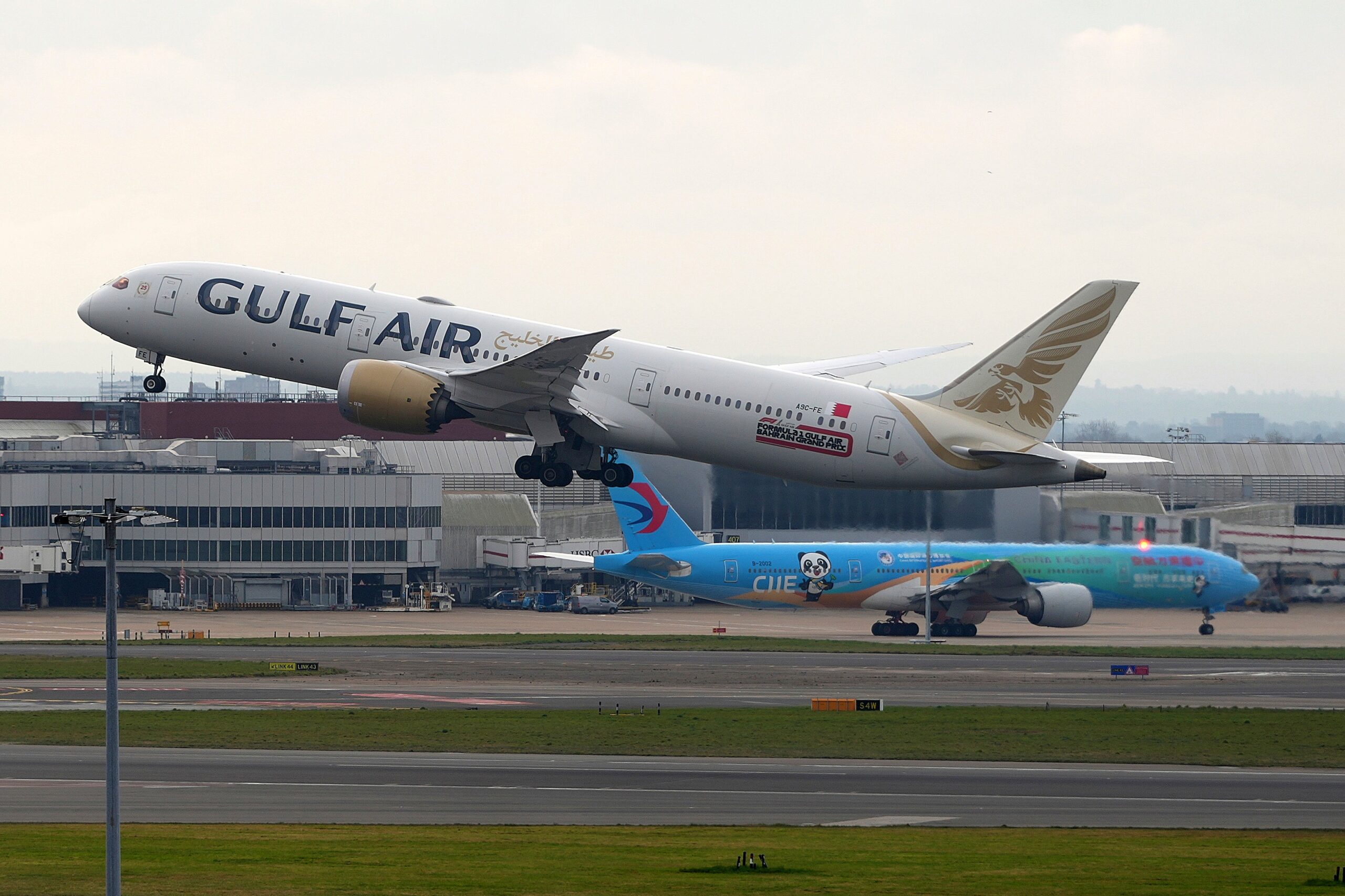UK inflation climbed by more than expected in July, official figures reveal, as soaring air fares for summer holidays and food prices continue to rise.
The Consumer Prices Index (CPI) rose to 3.8 per cent last month, up from 3.6 per cent in June, according to the Office for National Statistics (ONS).
This marks the highest rate since January 2024, when inflation stood at 4 per cent.
The ONS highlighted transport costs as the primary driver behind the increase, particularly a significant surge in flight prices.
Air fares jumped by 30.2 per cent between June and July, the largest monthly rise recorded since data collection began in 2001, as families booked trips during the school summer break.

Here’s everything you need to know about the latest figure:
What is inflation?
Inflation is the term used to describe the rising price of goods and services. The inflation rate refers to how quickly prices are going up.
Put simply, July’s inflation rate of 3.8 per cent means that if an item cost £100 a year ago, it would now cost £103.80.
Chancellor Rachel Reeves acknowledged that there was “more to do to ease the cost of living” following the latest figure.
She said: “We have taken the decisions needed to stabilise the public finances, and we’re a long way from the double-digit inflation we saw under the previous government, but there’s more to do to ease the cost of living.
“That’s why we’ve raised the minimum wage, extended the £3 bus fare cap, expanded free school meals to over half a million more children and are rolling out free breakfast clubs for every child in the country.”

Rail fares set to rise by more than expected
Another lesser-known figure that tends to rise and fall in line with CPI is Retail Price Inflation (RPI). This rose to 4.8 per cent in July up from 4.4 per cent.
This is significant as it was last years’ July RPI (3.6 per cent) that set the 4.6 per cent rail fare rise in March 2025, at exactly one percentage point higher.
If the same formula is used this year, then fares could rise by a massive 5.8 per cent next March. Campaigners have reacted negatively to the possibility, calling on the government for clarity.
Ben Plowden, chief executive of lobby group Campaign for Better Transport, said: “Today’s inflation figure could mean a big fare rise for rail passengers next year, especially if the Government decides to go with an above-inflation increase like we saw this year.
“With the railways now moving under public control, the fundamental question for the Government is how to use its role in setting fares policy to deliver a more affordable rail network and encourage more people to travel on it.
“Next year’s annual rise represents the first real opportunity for the Government to show passengers – both current and future – just how it plans to do this.”
Why did inflation rise again in July?
Grant Fitzner, the ONS’s chief economist, explains: “The main driver was a hefty increase in air fares, the largest July rise since collection of air fares changed from quarterly to monthly in 2001.
“This increase was likely due to the timing of this year’s school holidays.
“The price of petrol and diesel also increased this month, compared with a drop this time last year.
“Food price inflation continues to climb – with items such as coffee, fresh orange juice, meat and chocolate seeing the biggest rises.”
Will inflation rise again?
The Bank of England is expecting CPI inflation to continue rising to a peak of 4 per cent in September, before price rises start to ease.
The central bank is tasked with keeping inflation at 2 per cent.
Elliott Jordan-Doak, senior UK economist for Pantheon Macroeconomics, suggested the Bank’s policymakers could be concerned by rising inflation in the UK services sector, but that it was “partly driven by a sharp move in the erratic airfares component, which could unwind in August’s data”.
The annual rate of services CPI inflation rose to 5 per cent in July from 4.7 per cent in June.
“The big picture remains that inflation is set to stay miles above target for the foreseeable future,” he said.
The economist is forecasting that CPI will remain above 3 per cent until April 2026, meaning the Bank could keep interest rates on hold for the rest of the year.
